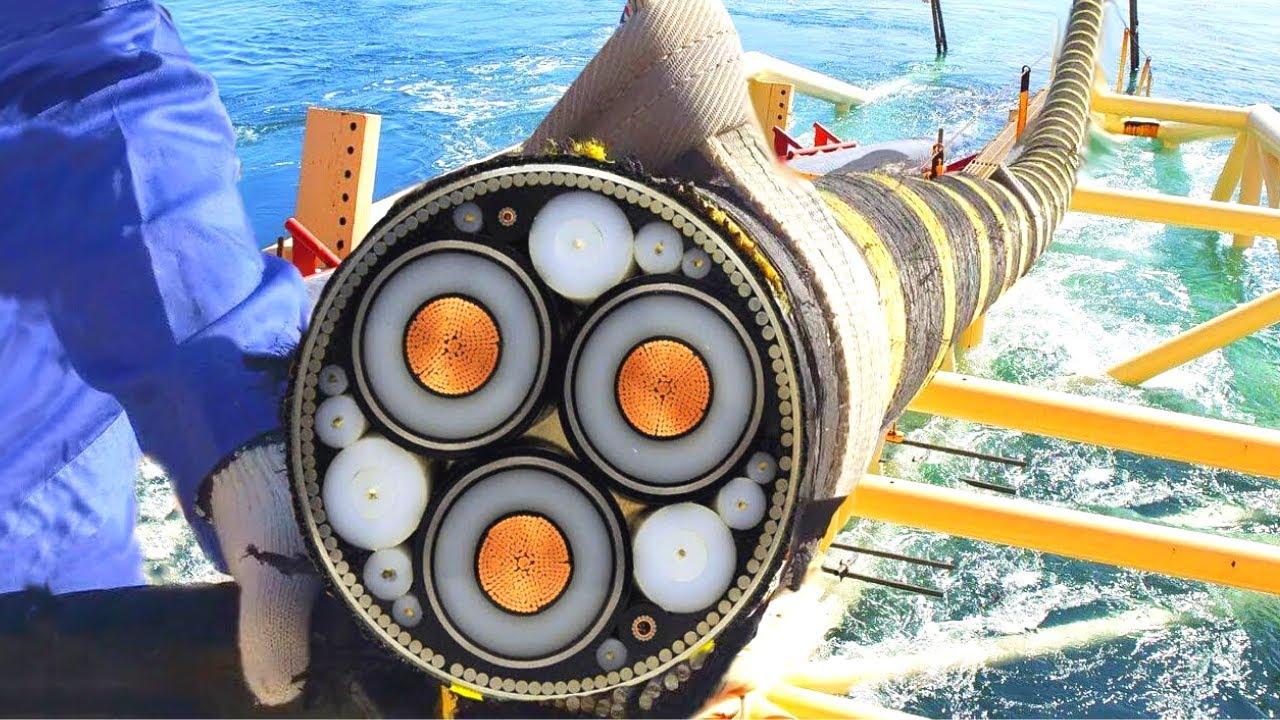The demand for robust and efficient communication networks is at an all-time high in the evolving industrial landscape. Custom fiber optic solutions have emerged as a cornerstone in building these advanced networks. This article delves into the complexities of industrial networks and explores how custom fiber cables offer tailor-made solutions that meet specific industrial needs.
Understanding the Industrial Network Landscape
Industrial networks are the backbone of modern manufacturing and processing industries. They facilitate the seamless flow of data, control operations, and connect various devices and machinery. However, these networks face unique challenges, such as exposure to harsh environments, the need for high data bandwidth, and ensuring minimal downtime. Standard network solutions often fall short of addressing these specialized requirements.
The Role of Fiber Optics in Industrial Settings
Fiber optic technology, known for its high-speed data transmission and immunity to electromagnetic interference, is increasingly favored in industrial settings. Unlike traditional copper cables, fiber optics provide greater bandwidth and can transmit data over longer distances without loss of signal quality. This makes them ideal for sprawling industrial complexes.
Customization: Key to Effective Industrial Networking
Custom fiber optic solutions play a pivotal role in addressing the diverse needs of different industries. Customization can involve varying the cable lengths, enhancing the protective sheathing to withstand extreme temperatures or corrosive substances, or configuring the fiber optics for specific data transmission requirements. This bespoke approach ensures that the network infrastructure aligns perfectly with the industrial environment.
Benefits of Custom Fiber Optic Solutions in Industry
Enhanced Performance
Custom fiber optics offer superior performance, with higher bandwidth capacities and faster data transfer rates. This is crucial in industries where real-time data processing and swift communication are vital.
Durability and Reliability
Tailored for harsh industrial conditions, these cables are more durable and reliable. They are designed to resist environmental challenges like moisture, chemicals, and extreme temperatures, ensuring uninterrupted network performance.
Scalability and Flexibility
Custom solutions provide the flexibility to scale up or modify the network as per evolving industrial needs, without compromising on performance or reliability.
Improved Safety
In industries where safety is paramount, fiber optics offer a safer alternative due to their resistance to sparks and lower degradation over time.
Industrial Use of Custom Fiber Optic Solutions
Various industries have benefited from custom fiber optic solutions. For instance, in the oil and gas industry, where standard networking solutions are prone to failure due to harsh conditions, custom fiber optic cables have proven to be a game-changer, offering reliable and uninterrupted data flow. Similarly, in automotive manufacturing, the integration of these solutions has enabled faster and more efficient communication between machinery, significantly enhancing production rates.
Challenges and Considerations
While custom fiber optic solutions offer numerous advantages, they come with their own set of challenges. One primary concern is the initial cost, which can be higher than standard solutions. Additionally, the need for specialized skills for installation and maintenance can be a limiting factor. Therefore, a careful cost-benefit analysis and planning are essential before implementation.
Conclusion
Custom fiber optic solutions offer a promising path for industries navigating the complexities of modern networking needs. By providing tailor-made solutions, they enhance network performance, reliability, and safety in industrial settings. As industries continue to evolve, the adoption of these custom solutions is likely to become a standard, driving efficiency and innovation in industrial networking.


